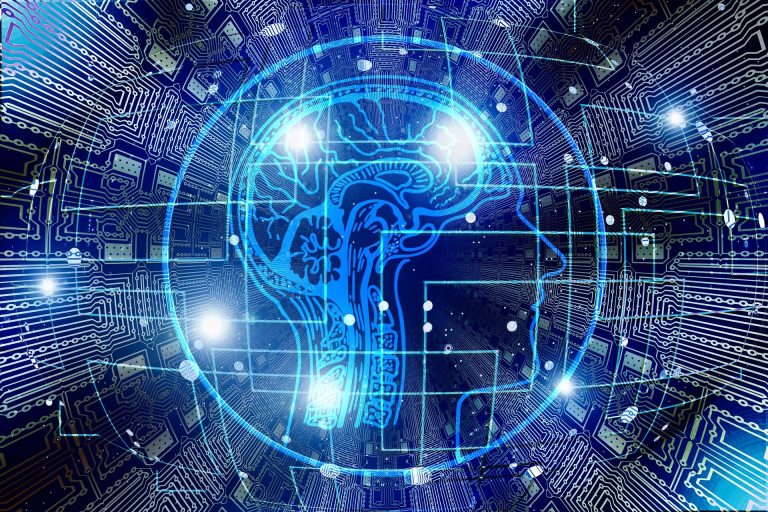Quantum computing contains a very high power to change artificial intelligence applications. However, considerable obstacles remain, including the development of reliable and scalable quantum processors and the development of efficient algorithms that utilise quantum computing’s advantages for AI applications. Nonetheless, as advancement in both domains increases, so will the need for competent IT contractors who can manage the convergence of quantum computing and AI.
Finding the best contractors for IT tasks will be critical for organisations trying to use the potential of these technologies and drive innovation in the coming years. The prospects for significant improvements are boundless as we begin on this fascinating adventure at the crossroads of quantum computing and AI.
Its ability to handle enormous amounts of data and solve difficult problems at unbelievable speed could lead to big advantages in yielding machine learning, efficiency, and pattern recognition. Here we will find out how does it do it
Improving AI Algorithms:
Improving AI algorithms is one of the most important ways quantum computing might affect AI. Machine learning and deep learning AI methods depend on large-scale data processing and intricate mathematical computations. These calculations can be considerably accelerated by quantum computers, enabling AI programmes to handle and analyse massive volumes of data more effectively.
large Problem tackling:
AI systems have limits when it comes to tackling large issues with numerous variables and options. The capacity of quantum computing to handle massive volumes of information at the same time allows it to tackle difficult issues that would be impossible for traditional computers to address. This partnership might lead to breakthroughs in optimisation, cryptography, and pattern recognition.
Healthcare and medication development:
The combination of quantum computing and artificial intelligence (AI) has the potential to revolutionise healthcare and medication development. Quantum computers might model complicated biological systems and interactions, allowing AI algorithms to more effectively find possible medication candidates. This might lead to faster drug development and more personalised and effective therapies for a variety of ailments.
Financial Modelling and Risk Analysis:
In the financial sector, where data analysis and risk assessment are crucial, quantum computing and artificial intelligence (AI) might collaborate to enhance financial modelling and risk analysis. The capacity of quantum computing to swiftly analyse massive volumes of financial data might help AI systems make more accurate forecasts and educated investment choices.
Climate Change Modelling:
To grasp the complexity of climate change and properly anticipate future scenarios, sophisticated climate models are required. The processing capacity of quantum computing plus AI’s ability to analyse and understand data might lead to more accurate climate change modelling. This might help us understand climate trends, anticipate catastrophic weather occurrences, and find long-term remedies.
Cybersecurity and Encryption:
The use of quantum computing has ramifications for cybersecurity and encryption. While quantum computers provide tremendous computing benefits, they also pose a danger to traditional encryption approaches. To successfully prevent possible attacks and secure sensitive data, quantum-based encryption and AI-driven security algorithms might be created.
Limitations and hurdles:
Despite the potential advantages of merging quantum computing with artificial intelligence, considerable hurdles remain. Quantum computers are still in their infancy, and developing dependable and scalable quantum processors remains a difficult undertaking. Developing algorithms that successfully use quantum computing’s unique characteristics for AI applications is a difficult task.
The Demand for Qualified IT Contractors:
Integrating quantum computing with artificial intelligence requires specialised knowledge and competence in both domains. As organisations attempt to capitalise on the promise of these technologies, there will be an increased need for competent IT contractors capable of designing and implementing quantum-AI systems. Finding the finest IT contractors will be critical to accelerating progress in this fascinating field of research and development.
Conclusion:
The combination of quantum computing with artificial intelligence has the potential to alter different sectors and solve complicated issues that are now beyond of reach of traditional computing. The potential of quantum computing to do computations at unprecedented speeds and AI’s ability to handle massive volumes of data constitute a strong relationship. This partnership has far-reaching ramifications, ranging from healthcare and medication development to financial modelling, climate change research, and cybersecurity.

